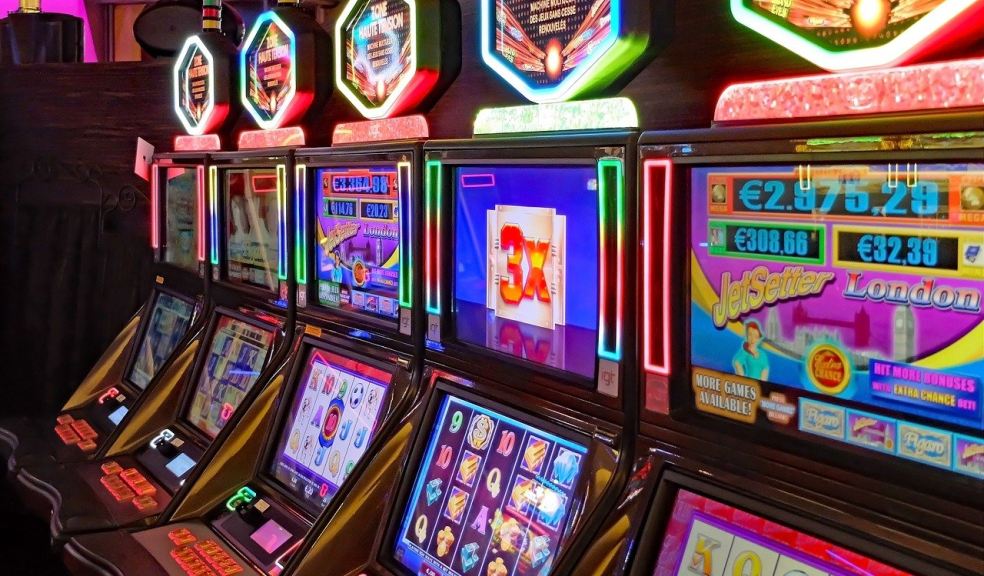Slot games have long been a staple of the gambling world, captivating players with their flashing lights, engaging themes, and the tantalizing prospect of hitting a life-changing jackpot. From their humble beginnings as mechanical devices in the late 19th century to the digital extravaganzas of today’s online slot qris, slot games have evolved dramatically, mirroring technological advancements and shifts in player preferences.
The Birth of Slot Machines
The story of slot games begins in the 1890s with the invention of the first mechanical slot machine by Charles Fey. Known as the Liberty Bell, this machine featured three spinning reels with five symbols: hearts, diamonds, spades, horseshoes, and the Liberty Bell itself. A winning combination of three Liberty Bells would yield the highest payout of 50 cents. Fey’s invention laid the groundwork for future developments, combining simplicity and excitement in a way that quickly caught on in bars and saloons.
The Mechanical Age to Electromechanical Innovations
The early 20th century saw the proliferation of mechanical slot machines, with innovations like the introduction of fruit symbols and the iconic BAR symbol. These machines were purely mechanical, relying on springs and gears to determine outcomes. In 1963, Bally Manufacturing created the first fully electromechanical slot machine, Money Honey. This innovation allowed for larger payouts and the incorporation of new features such as multiple coin bets and automatic payouts.
The Digital Revolution
The late 20th century ushered in the digital revolution, transforming slot games from mechanical marvels into sophisticated electronic devices. The advent of the microprocessor in the 1970s enabled the creation of video slots, which replaced physical reels with virtual ones displayed on a screen. This shift not only increased the variety of games available but also allowed for more complex gameplay mechanics and higher payout potential.
One of the most significant milestones in slot game history occurred in 1996 with the release of the first online slot game by Microgaming. This development marked the beginning of online casinos, bringing slot games into the homes of millions of players worldwide. The convenience and accessibility of online slots have only grown since, with advancements in internet speed and mobile technology making it possible to play on smartphones and tablets.
Modern Innovations and Trends
Today’s slot games are a far cry from the simple three-reel machines of the past. Modern slots feature stunning graphics, immersive sound effects, and a plethora of themes ranging from ancient mythology to popular movies and TV shows. The use of random number generators (RNGs) ensures fair play, while features like bonus rounds, free spins, and progressive jackpots add layers of excitement and potential reward.
One of the most notable trends in recent years is the rise of branded slot games. These games, developed in partnership with major entertainment franchises, incorporate recognizable characters and storylines, attracting fans of the original media. Another significant trend is the integration of social gaming elements, allowing players to share their achievements and compete with friends, blurring the line between traditional gambling and social entertainment.
The Psychology of Slot Games
The allure of slot games extends beyond their flashy exteriors and potential for financial gain. The psychology behind their design plays a crucial role in their popularity. Elements such as near-miss outcomes, variable rewards, and the illusion of control are meticulously crafted to enhance player engagement and prolong playing sessions.
Near-miss outcomes, where symbols almost line up for a win, can trigger a player’s motivation to keep playing, believing that a win is imminent. Variable rewards, where wins are distributed unpredictably, tap into the brain’s reward system, similar to the effects of gambling on other forms. Additionally, features like skill-based bonus rounds can give players a sense of control, even though the underlying outcomes remain random.
The Future of Slot Games
As technology continues to advance, the future of slot games looks promising. Virtual reality (VR) and augmented reality (AR) are poised to revolutionize the gaming experience, offering fully immersive environments that transport players to entirely new worlds. Blockchain technology and cryptocurrencies may also play a role in the evolution of online slots, providing enhanced security and transparency for transactions.
